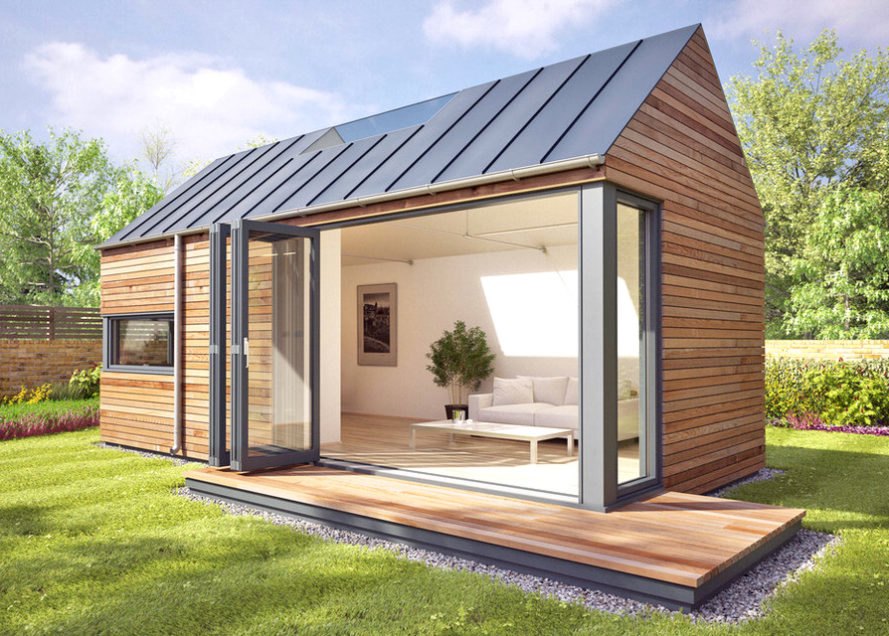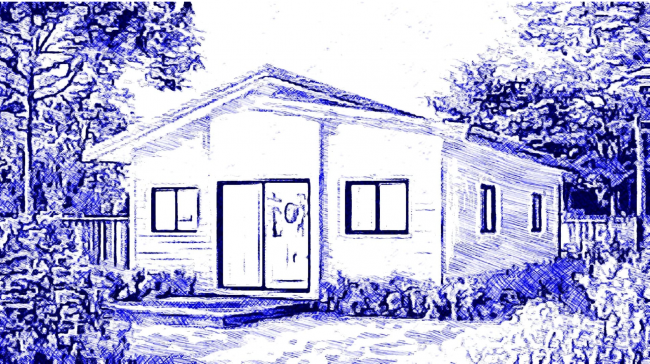Retirement Investing
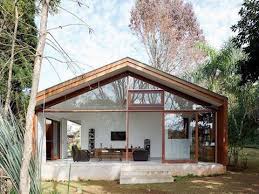
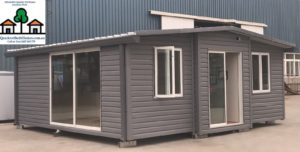
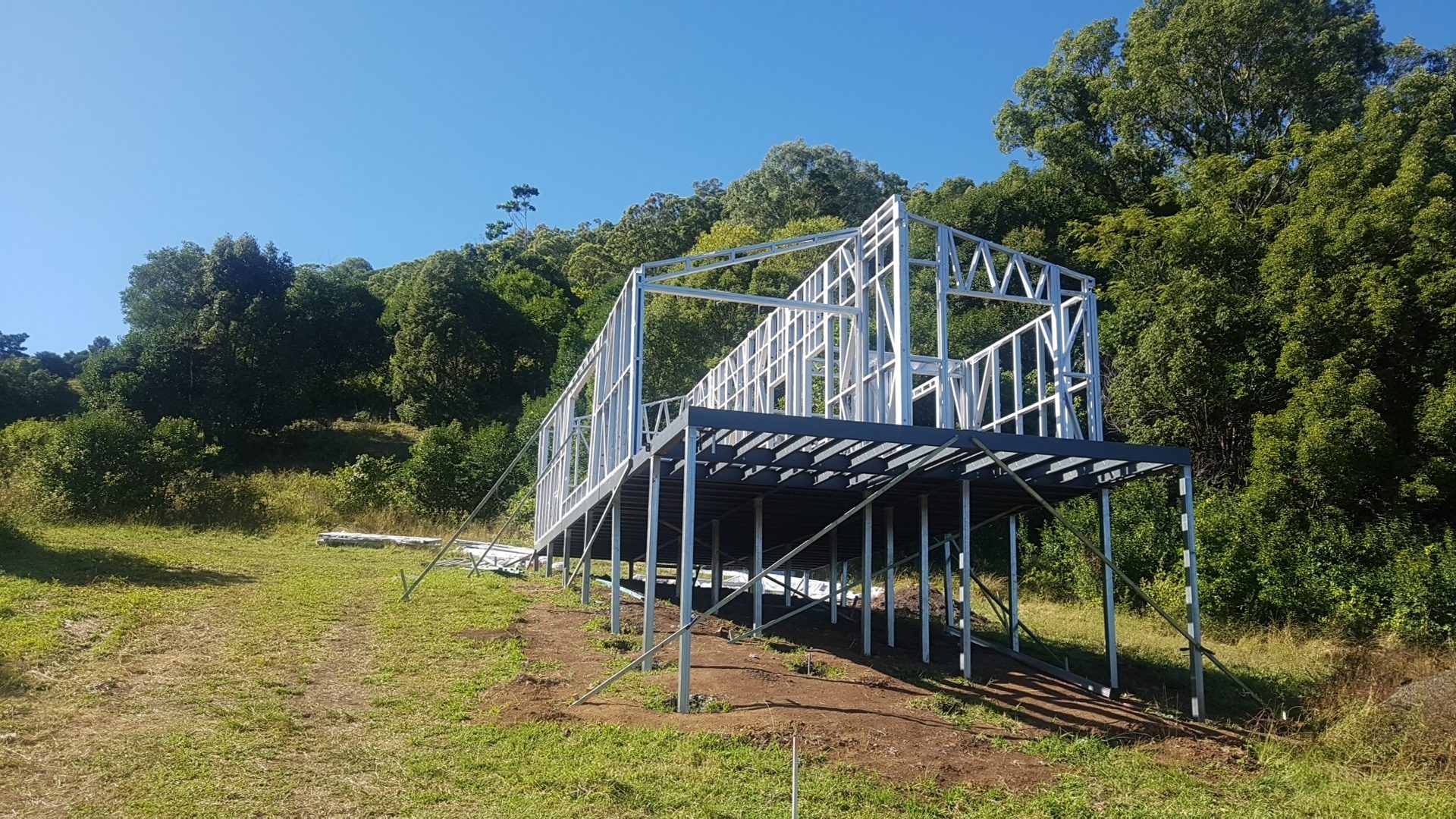
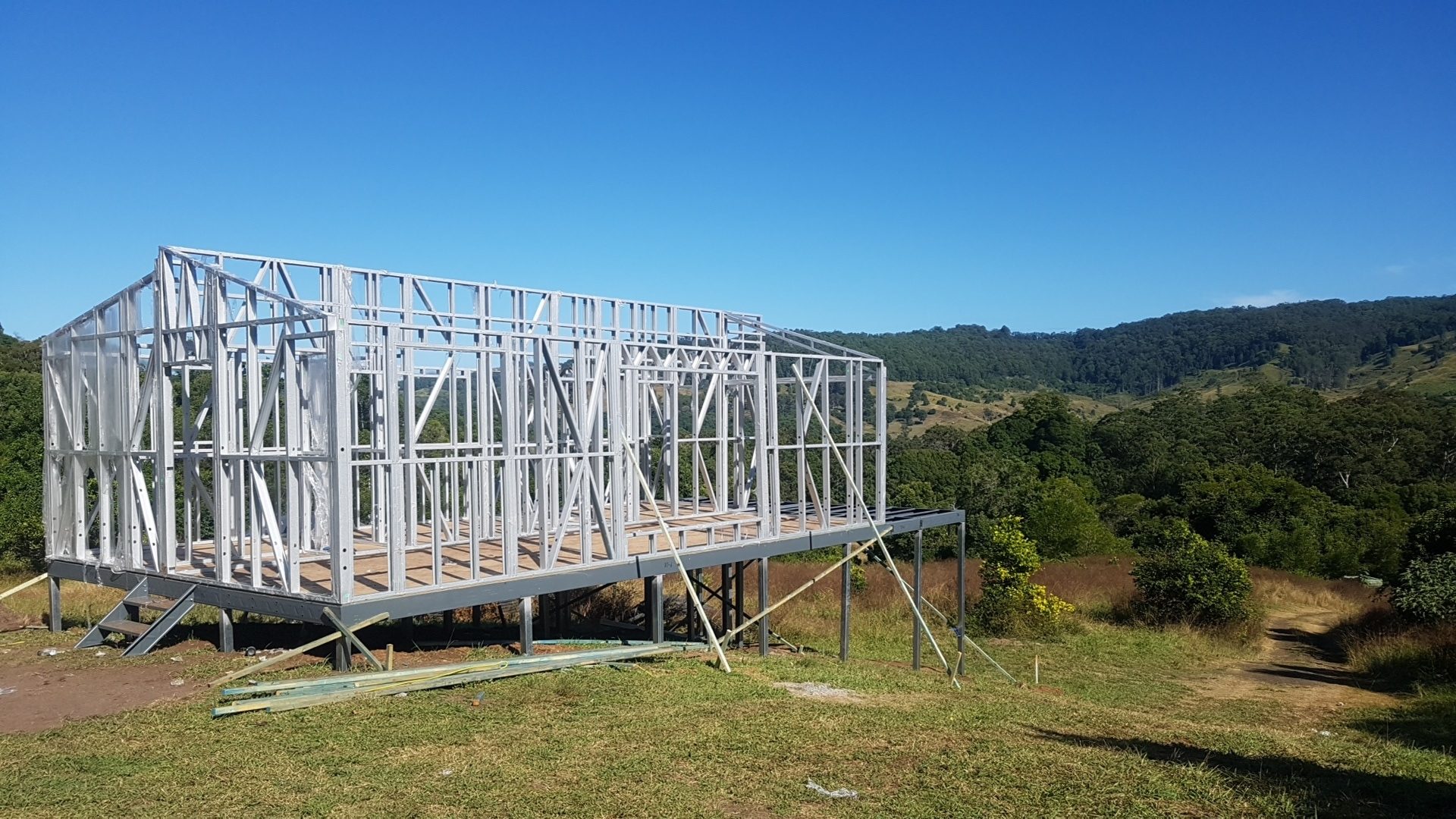
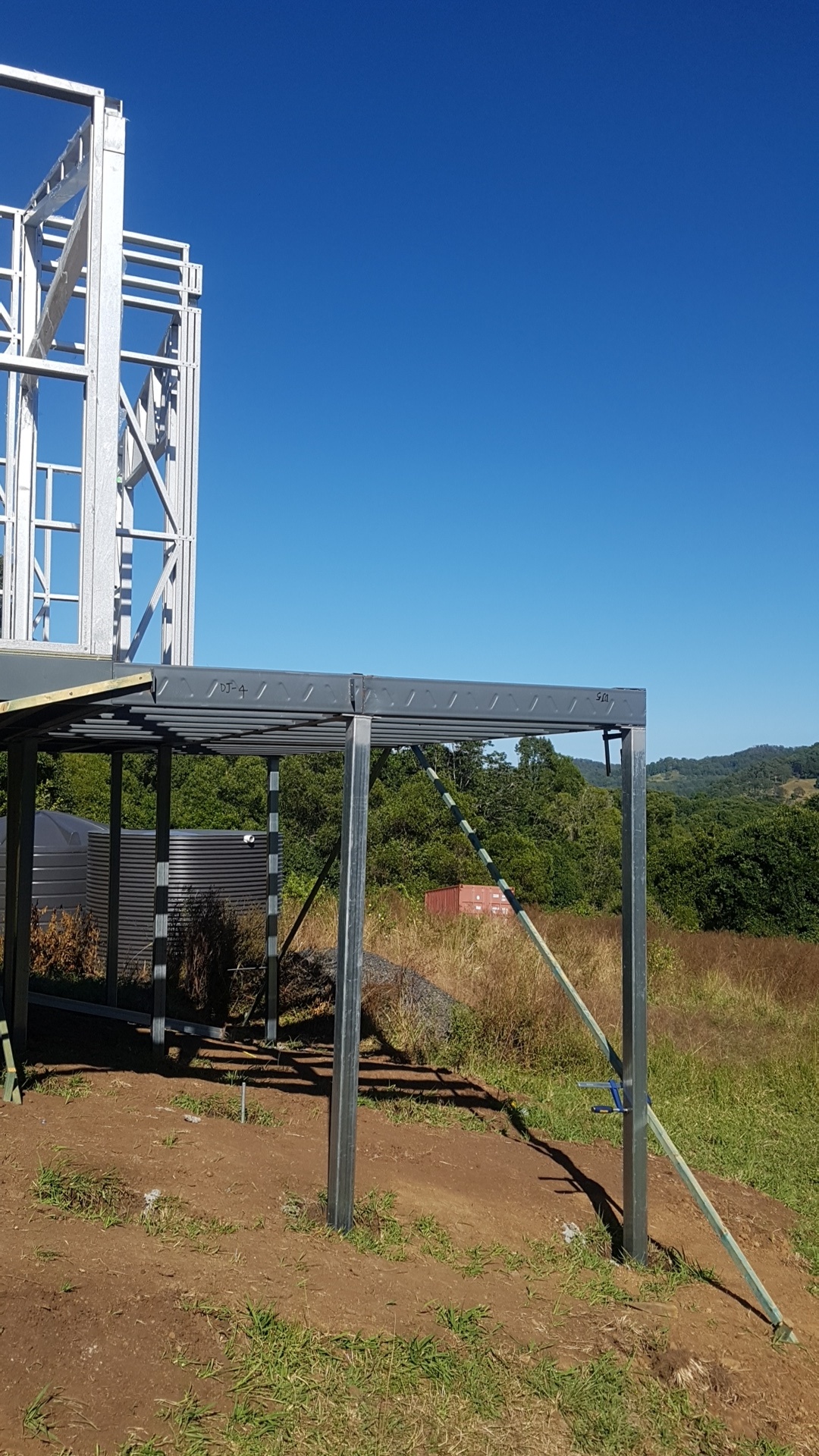
Artist’s impressions from only $59,500
|
|
|
Thinking About A Granny Flat?
A granny flat arrangement with one of your adult children might seem appealing. We spoke to expert elder care and retirement village lawyer, Richard McCullagh, who warns that your pension can be affected, the homeowner may face a hefty unexpected capital gains tax bill, it can affect the inheritance of other family members, and your living arrangements may not be as secure as you think.
McCullagh says you must get good legal and financial advice at the outset, as the way the arrangement is legally structured is critical. Circumstances can change over time, and cause unanticipated complications and difficulties. Legal title to the home and money contributed can be intermixed between co-habiting generations in a way which is later regretted and extremely difficult to undo.
“Quite apart from common life events, such as disability, incapacity, unemployment, divorce, and death – the intergenerational pooling of assets in the context of divergent interests and needs of cohabiting family members makes the best-intentioned of ‘granny flat’ arrangements very fragile. The court cases show that it is actually the de-partnering or re-partnering of either the parent or the child that most commonly brings the whole thing apart.”
Thinking About A Granny Flat?
“Legally, problems arise in the first instance when there is a mismatch between (a) the parent’s financial contribution to buying or renovating the house and (b) he or she not being a registered proprietor, or not in proportion to that contribution. The same result follows where the parent has transferred the title of their house to the child for less than current market value.
This reduced or lost equity may frustrate the parent’s financial ability to relocate if, for example, he or she can’t cope with the grandkids, the family situation changes, health needs change, or on needing to move into a residential aged care facility. Further, inheritance intentions set out in a will may be thwarted – disadvantaging any other children and beneficiaries.”
McCullagh says a good solution is setting up an Intergenerational Family Accommodation Arrangement (IFAA) where home ownership is held as tenants in common – in proportion to the financial contributions made by the parent and child respectively. If needed, an application can be made to the Supreme Court for the appointment of trustees for the sale of the property to enable the parent to retrieve his or her contribution. Although setting up this arrangement involves legal costs and ad valorem duty on the respective shares, the security of tenure for the parent is as good as it gets.
Thinking About A Granny Flat or Retirement Investment?
Owner occupation attracts the usual principal residence exemptions for pension and capital gains tax purposes, and the parent’s share can be addressed in their will. The IFAA can also record the intent of the parties and details of the sharing of domestic costs and the provision of care.
He explains that ownership of the property as a “joint tenancy” instead of as “tenants in common” has one important difference. On the death of the first joint owner, the whole property passes to the surviving joint owner and not through his or her will. Any other family members unaware of this arrangement may be very put out after the death of the parent.
Another alternative is to structure the living arrangement as a long-term lease and loan arrangement. McCullagh says: “This is very common in retirement villages and can also work in a private home in relation to a granny flat agreement. If the parent is not a registered owner, a registered lease for the life of the parent gives excellent security of tenure and a loan can provide for the enforceable repayment of his or her financial contribution.
There is no stamp duty and it is not expensive to implement. The loan provisions in the IFAA may oblige the child to repay in full when the property is sold or for any reason after an agreed notice period, such as if the parent has to move into residential aged care.”
You can find out more about the law relating to granny flats or get in touch with Richard McCullagh via his website: www.retirementvillagelawyer.com.au
Thanks to Richard McCullagh BA LLB (Macq)*
*Adjunct Lecturer in Elder Law at the College of Law, Sydney
Legal Director, Patrick McHugh & Co Pty Ltd
Author of ‘Retirement Villages Law in NSW’ Thomson Reuters, 2013
Thinking About A Granny Flat?

Text or Call Eric Hansen 0407 683 779
or simply drop us a line for more information & Plans
